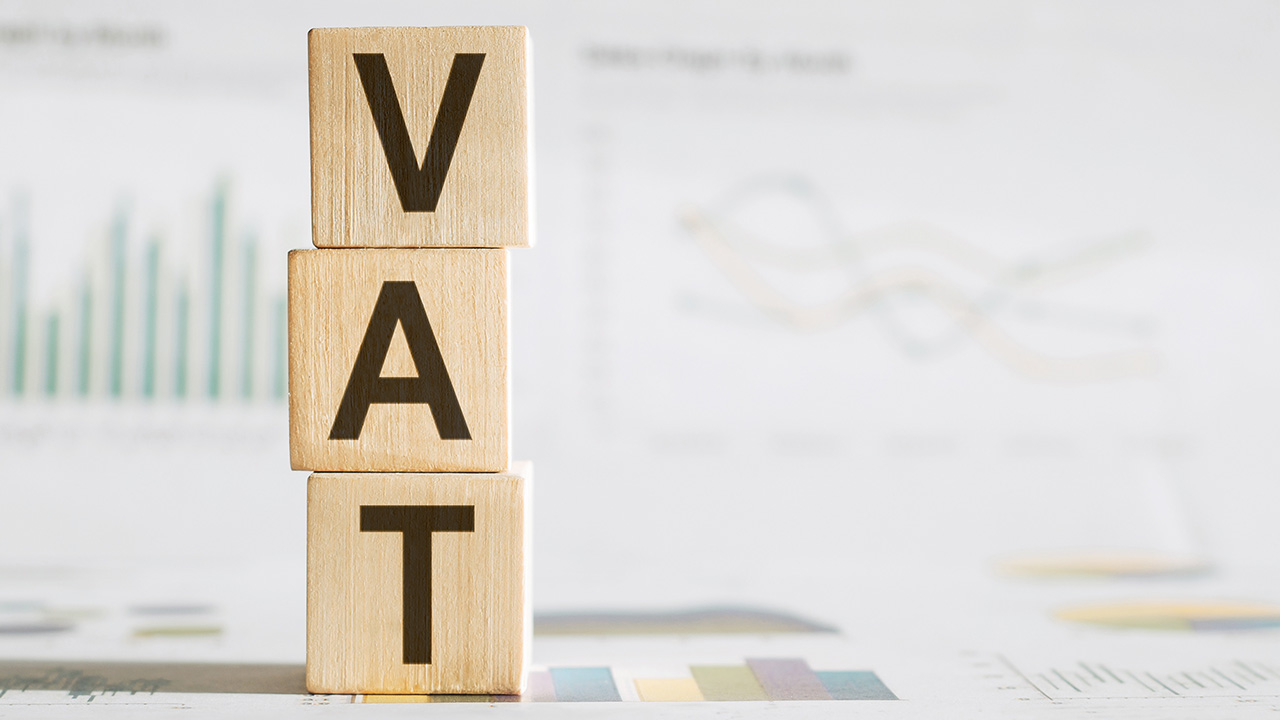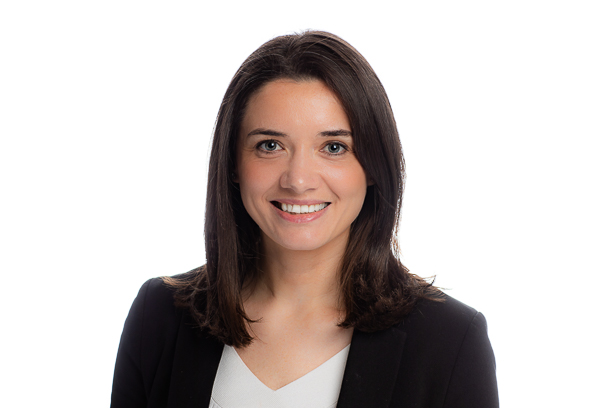Due to the changes coming in to Agricultural Property Relief (APR) and Business Property Relief (BPR) in April 2026, many owners will be reviewing their business structures over the coming months.
With Inheritance Tax and Capital Gains Tax being at the forefront of everyone’s minds given the Budget announcements, it is important that VAT is not forgotten when considering changes to business structures.
For example:
Demergers
Up until now, a lot of farming businesses which have diversified into investment properties held both farmland and investment properties in one company. This was previously quite tax efficient, provided the company was still ‘wholly or mainly’ (>50%) farming, as it meant the value of the whole company could be sheltered by Business Property Relief.
Now this relief is capped, shareholders may be considering ‘demerging’ such that investment properties are held within one group and farmland another, so that succession planning can be considered separately for each group.
This may then enable owners to at least pass down their farming group shares to the next generation.
This planning will have VAT implications. In the example above, the existing company would be ‘partially exempt’ for VAT, which means the company may still be reclaiming input VAT on a large proportion of their expenses due to how the partial exemption calculations work.
Whereas, once the investment properties are demerged, this will be a fully exempt business (unless any of the rental properties are commercial and ‘opted’ for, as discussed below), and therefore input VAT on associated expenses would not be recoverable.
Incorporations
Now that APR/BPR is going to be limited to £1M of value per individual, owners may be exploring corporate structures as a way to limit their Inheritance Tax exposure.
By holding your farming business in a limited company, it enables the value of that business to be fragmented by gifting away smaller shareholdings and benefitting from ‘minority discounts’ on each shareholding. Whereas giving away part of an interest in a sole trade or partnership is more difficult.
Furthermore, it enables more sophisticated share structures to be used, such as ‘freezer’ and ‘growth’ shares, whereby the existing owners can ‘freeze’ the value of their current holdings and pass down any future growth to the next generation.
When considering a transfer of a business to a limited company, the new company will need to be registered for VAT, and consideration will need to be given to the ‘transfer of going concern’ rules to ensure that the transfer is outside of the scope of VAT.
Sales
Some owners may be deciding to accelerate their retirement by selling or liquidating their business (perhaps to take advantage of the ‘Business Asset Disposal Relief’ Capital Gains Tax rate of 14% from 6 April 2025 but increasing to 18% from 6 April 2026), which may involve selling their farmland or commercial properties. Such sales are usually exempt from VAT unless the seller has made an ‘option to tax’. Sellers may wish to weigh up the pros and cons of opting before the sale, particularly if agents and promoters are involved. For example, opting would enable them to recover input VAT on their fees.
Rickard Luckin’s tax consultancy can provide advice on all taxes impacting a potential change to your business structure, so please get in touch if you require advice in this area.
This article is from the latest edition of our Agricultural Briefing. To receive future copies of any of our newsletters directly to your inbox, please visit our preference centre to register your interest.
If you have any questions about the above, or would like more information specific to your circumstances, please enter your email address below and we will get in touch:
Related View All
















